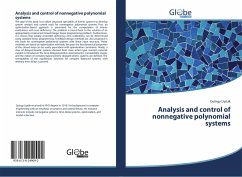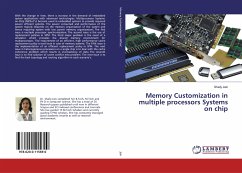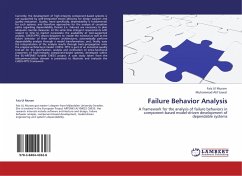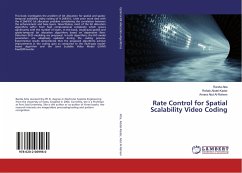The goal of this book is to utilize structural specialties of kinetic systems to develop system analysis and control tools for nonnegative polynomial systems. First, an optimization-based approach is presented for the computation of kinetic realizations with zero deficiency. The problem is traced back to the solution of an appropriately constructed mixed integer linear programming problem. Furthermore, it is shown that weakly reversible deficiency zero realizations can be determined using standard linear programming. Feedback design methods are also proposed in this book for nonnegative polynomial systems with linear input structure. These methods are based on optimization methods, because the key dynamical properties of the closed loop can be easily prescribed with optimization constraints. Finally, a class of delayed kinetic systems derived from mass action type reaction network models is introduced. The time delayed positive stoichiometric compatibility classes and the notion of complex balanced time delayed kinetic systems are defined. The semistability of the equilibrium solutions for complex balanced systems with arbitrary time delays is proved.
Bitte wählen Sie Ihr Anliegen aus.
Rechnungen
Retourenschein anfordern
Bestellstatus
Storno








